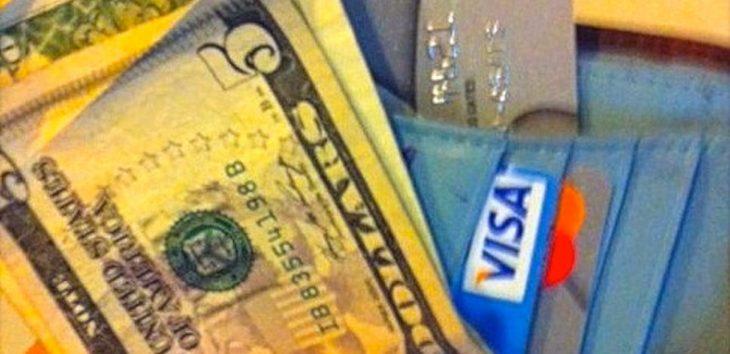Federal Reserve: Consumer spending held down by housing priorities
by February 23, 2017 11:33 am 483 views

William Dudley, president and CEO of the Federal Reserve Bank of New York, has a theory as to why consumers have not spent more of the money they have saved through lower fuel costs. It has something to do with housing.
Economists widely speculated that fuel savings were providing consumers equal to about $100 per month for two-car households. Some said higher health insurance costs and taxes were sucking up the savings, and others said consumers were being more selective about making large purchases. Consumer spending is often credited for generating around 70% of activity in the U.S. economy.
Dudley, speaking at the National Retail Federation annual convention, said changes in consumer behaviors have been happening over the past decade and the impact of those changes is being felt in the retail industry. He spoke on the relationship between housing and retail spending.
“I would argue that there have been some significant changes in the ways households finance their consumption, and I believe that changes in housing and mortgage markets have affected the willingness and ability of households to borrow, and that this in turn has had important consequences for the dynamics of consumption over the last decade,” he said.
Changes in housing and mortgage markets are an important reason recovery from the Great Recession of 2008 has been weaker than many would like, Dudley said.
The housing crisis aftermath in which homeowners saw their neighbors lose their homes made them less willing to leverage their home equity in order to finance retail purchases. He said the days of consumers taking out second liens and using home equity as collateral for short-term loans has virtually stopped. Perhaps it was the falling home values that scared homeowners in the first few years of the recovery, but since home values have risen across the country, consumers have not been tapping their equity.
He said some of this cautiousness from consumers is involuntary because it is more difficult to get a loan in the Dodd Frank era. Dudley, however, believes much of the consumer cautiousness appears to voluntary.
“Instead of buying second cars or taking extravagant vacations, people across the wealth spectrum are paying down their mortgages. And they aren’t — or at least appear not to be — betting that their houses will steadily and permanently increase in value by borrowing against the future,” Dudley said.
By Dudley’s calculation, about $500 billion annually is being subtracted from retail spending by consumers holding back. He said the 2% U.S. economic growth rate also hinders retail and he doesn’t expect growth being more aggressive in the near term.
Another school of thought from credit rating agencies and analysts show the consumer debt ballooning in the past year in the form of student loans, credit card debt and auto loans. The Commerce Department reports student loans have risen to $1.4 trillion with roughly 11% being delinquent and fewer than half of all undergraduates paying down their debt. Credit analysts with Goldman Sachs reported two years ago “high delinquencies will continue to constrain the ability of young households to purchase and finance homes on a forward basis.”
The Federal Housing Administration, which finances homes for people with lower credit ratings and limited down payment ability, reported strong loan demand with roughly 4% of borrowers in jeopardy of foreclosure as of October 2016.
Consumer credit card debt has been growing at $5 billion per month since the end of 2015, according to the Federal Reserve. Consumer debt, excluding mortgages is approaching 20% of the nation’s gross domestic product, 2% higher than its peak at the beginning of the 2008 recession. The most recent survey of senior loan officers conducted by the Federal Reserve indicates banks are beginning to tighten lending standards for the first time since 2010. The agency predicts the auto industry is expected to follow with higher down payment requirements and higher credit scores.
